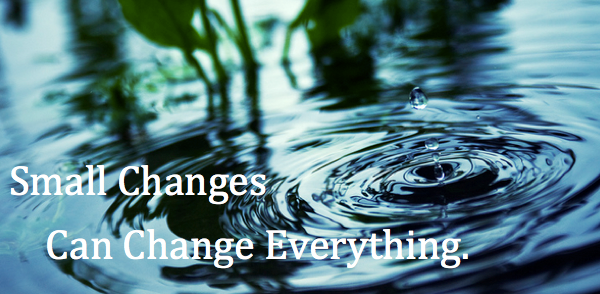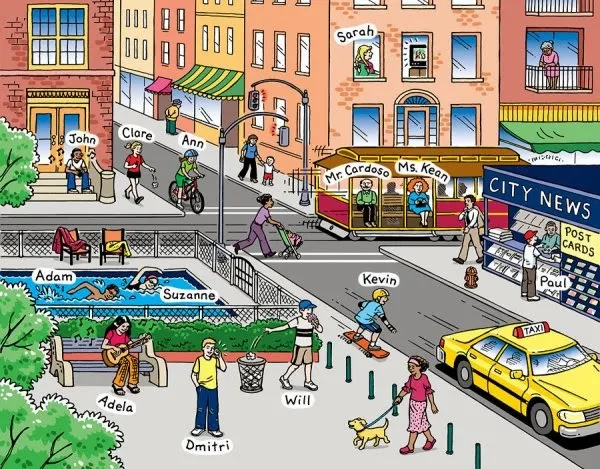 |
"Vision is not seeing things as they are but as they will be."
Looking to make meaningful changes toward a more sustainable lifestyle? Do you desire to do less harm through using less energy and resources? The principles of permaculture provide an excellent framework for making such changes happen.
This framework is not one-size-fits-all because different locations may require different solutions.
In The Essence of Permaculture summary (available here), David Holmegren says, "Despite the inevitably unique nature of future realities,the depletion of fossil fuels within a few generations will see a gradual return of system design principles observable in nature and pre-industrial societies, and which are dependent on renewable energy and resources (even if the specific forms of those systems will reflect unique and local circumstances)."
12 Principles of Permaculture Design
Observe and Interact
- Pay attention.
Catch and Store Energy
- Harvest energy while it is abundant.
Obtain a Yield
- Make sure you're getting valuable results.
Self-Regulate: Accept Feedback
- In a sense, our whole society is like a teenager who wants to have it all, have it now, without consequences. We have to be open to modify dysfunctional behaviours.
Use and Value Renewables
- Reduce dependency on scarce resources like fossil fuels.
Produce No Waste
- Waste not, want not. In nature there is no waste, only resources.
Design from Pattern to Detail
- Observe natural/social patterns and apply them to design of systems.
Integrate
- Capitalize on how things work together: land, plants, animals and people. Co-operative and symbiotic relationships will be more adaptive in a future of declining energy.
Use Small, Slow Solutions
- Local resources and responses, manageable scale.
Use and Value Diversity
- Diversity leads to greater resilience.
Use Edges: Value the Marginal
- Important things happen at the intersections.
Creatively Use and Respond to Change
- We can have a positive impact by carefully observing, and then intervening at the right time.
A one acre self-sufficient homestead.
"The idea behind permaculture principles is that generalised principles can be derived from the study of both the natural world and pre-industrial sustainable societies, and that these will be universally applicable to fast-track the development of sustainable use of land and resources, whether that be in a context of ecological and material abundance or one of deprivation." - The Essence of Permaculture































